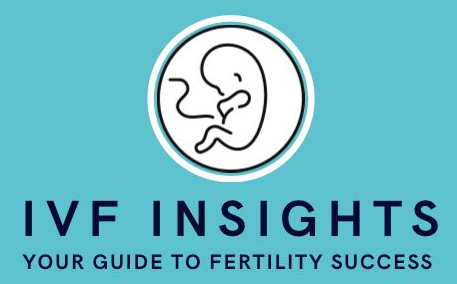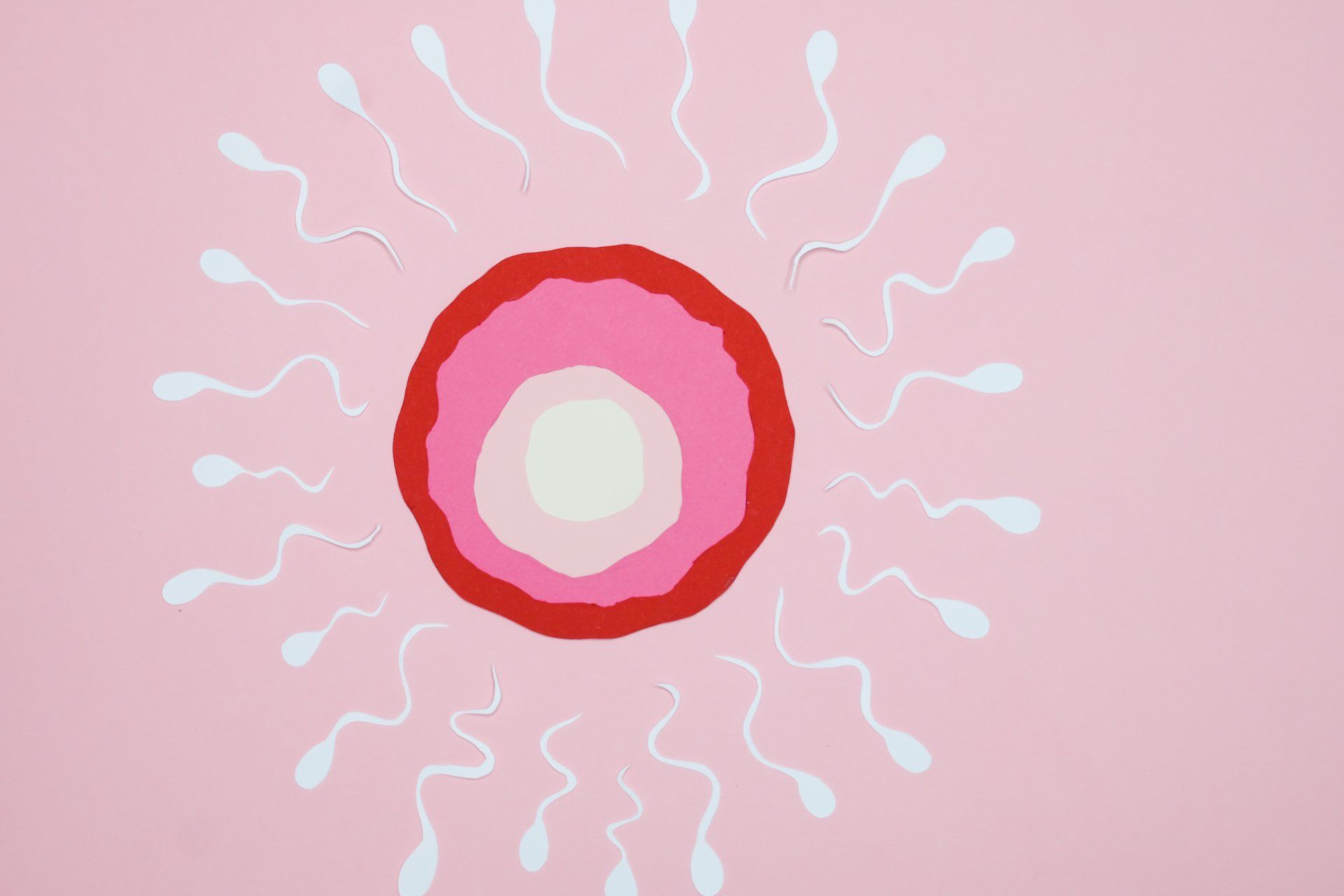
Age and Infertility: What You Need to Know
In the world of family planning, one of the biggest factors that often takes center stage is age. It's a topic that affects so many of us, as we juggle life's many demands and dreams. Imagine this: you've got big plans, and somewhere down the line, you want to have kids. But how does age come into play? Well, that's what we're here to chat about.

The Ticking Clock: How Age Affects Your Fertility
Age is a critical factor in the realm of fertility, significantly influencing an individual or couple's ability to conceive and have a healthy pregnancy. In this section, we will delve into the intricate relationship between age and infertility, offering insights into the challenges it presents and what you need to be aware of.
Female Fertility and Age:
Peak Fertility in Early Adulthood: Women are born with a finite number of eggs, and this number declines steadily as they age. The most fertile years are typically in the early 20s and early 30s when egg quality and quantity are at their peak.
Age-Related Decline: As women approach their mid-30s, fertility begins to decline more noticeably. The decrease in both the number and quality of eggs leads to longer times to conception and an increased risk of miscarriage.
Age and Ovulation: Ovulatory disorders become more common with age, making regular, predictable ovulation less assured. This can complicate the conception process.
Risk of Birth Defects: Advanced maternal age (usually defined as 35 and older) is associated with a higher risk of chromosomal abnormalities in offspring, such as Down syndrome.
Fertility After 35: While many women over 35 can still conceive naturally and have healthy pregnancies, the likelihood of needing fertility assistance, such as in vitro fertilization (IVF), increases.
You Might Also Like: How to Know if you're Infertile
Male Fertility and Age:
Sperm Quality and Quantity: Unlike women, men continuously produce sperm throughout their lives. However, as men age, sperm quality and quantity can deteriorate. This can lead to longer time to conception and an increased risk of certain health conditions in offspring.
Advanced Paternal Age: Some studies suggest that advanced paternal age (usually defined as 40 and older) may be linked to an elevated risk of certain genetic disorders in children.
You Might Also Like: What's the Best Fertility Diet When Trying to Get Pregnant
Balancing Career and Family Planning:
Delaying Parenthood: The pursuit of education and career goals often leads people to delay starting a family. While this is a valid choice, it's important to be aware of the potential challenges associated with age-related infertility.
Family Planning Discussions: Open and honest discussions about family planning and the desired timeline are crucial for couples. Being proactive and seeking fertility evaluations if needed can help mitigate age-related fertility issues.
Fertility Preservation:
Several methods are available for fertility preservation, catering to different needs and circumstances:
Egg Freezing (Oocyte Cryopreservation): This method involves harvesting and freezing a woman's eggs, which can be thawed and fertilized with sperm later, when she's ready to conceive.
Embryo Cryopreservation: Typically used in the context of in vitro fertilization (IVF), this technique involves fertilizing eggs with sperm to create embryos. These embryos are then frozen and stored for future use.
Sperm Freezing (Sperm Cryopreservation): Men can also preserve their fertility by freezing their sperm, which can later be used for assisted reproductive techniques, such as intrauterine insemination (IUI) or IVF.
Ovarian Tissue Freezing: This option is available for women facing medical treatments like chemotherapy that may harm their ovaries. Ovarian tissue can be removed and frozen, with the possibility of reimplantation in the future.
When to Consider Fertility Preservation:
The decision to pursue fertility preservation is highly individual and can be influenced by various factors, including age, health, and personal circumstances. Here are some scenarios where you might consider it:
Medical Conditions: If you're facing a medical condition or treatment (such as cancer therapy) that may affect your fertility, fertility preservation can provide hope for a family after recovery.
Delayed Parenthood: If you're not yet ready for parenthood but want to ensure your fertility for the future, fertility preservation can offer peace of mind.
Family Planning: Fertility preservation can be a choice made by individuals or couples as part of their family planning strategy.
Lifestyle Choices: Some individuals may opt for fertility preservation due to lifestyle choices, such as wanting to focus on career or travel before starting a family.
Conclusion:
Age and infertility are intertwined, and understanding the impact of age on fertility is vital for informed family planning. While age-related fertility challenges are a reality, many individuals and couples can successfully navigate them with the right knowledge and medical support.
Whether you are considering starting a family soon or in the distant future, being aware of the relationship between age and fertility empowers you to make informed decisions about your reproductive health and family-building journey.
Consulting a fertility specialist can provide personalized guidance and options tailored to your unique circumstances, ensuring the best possible path to parenthood.



